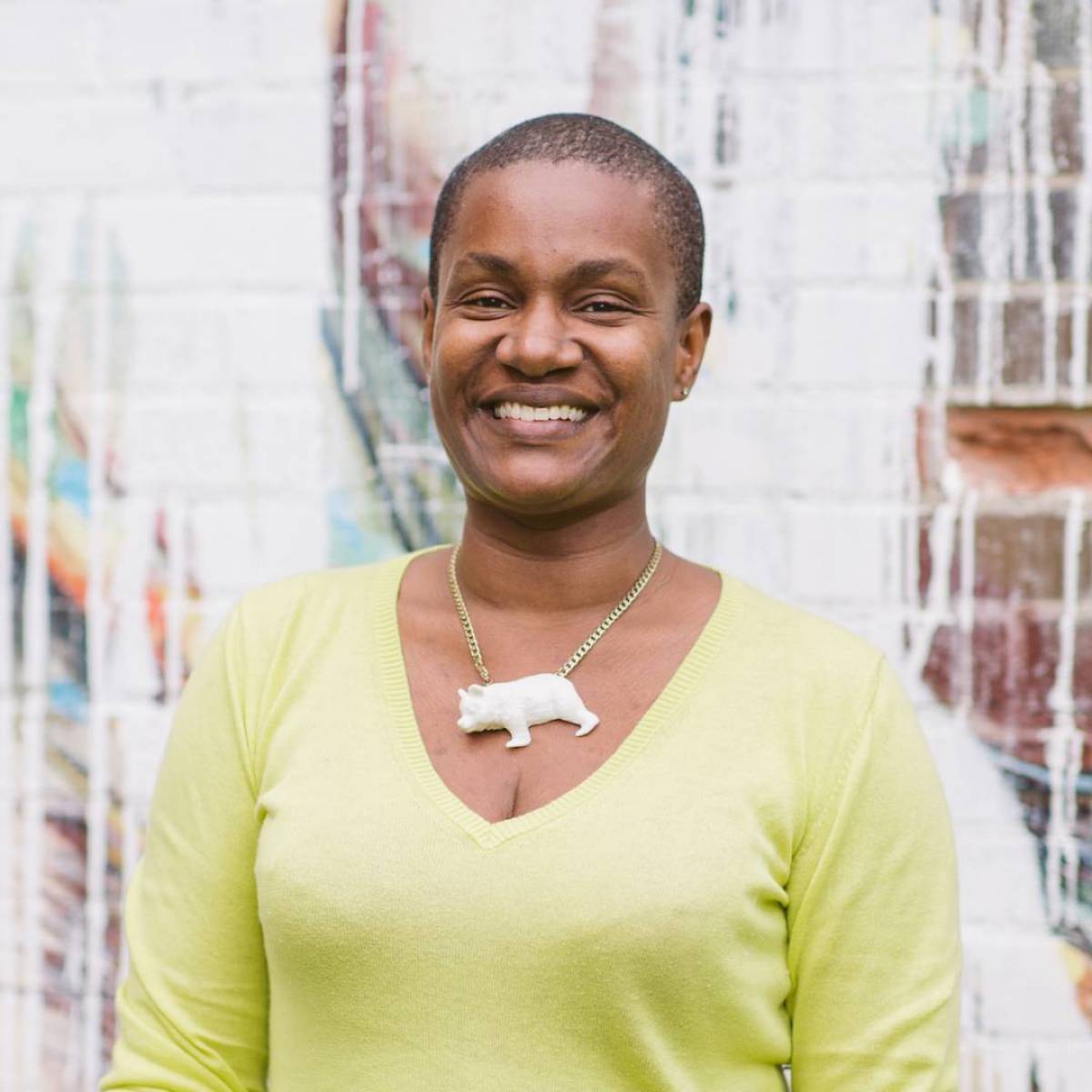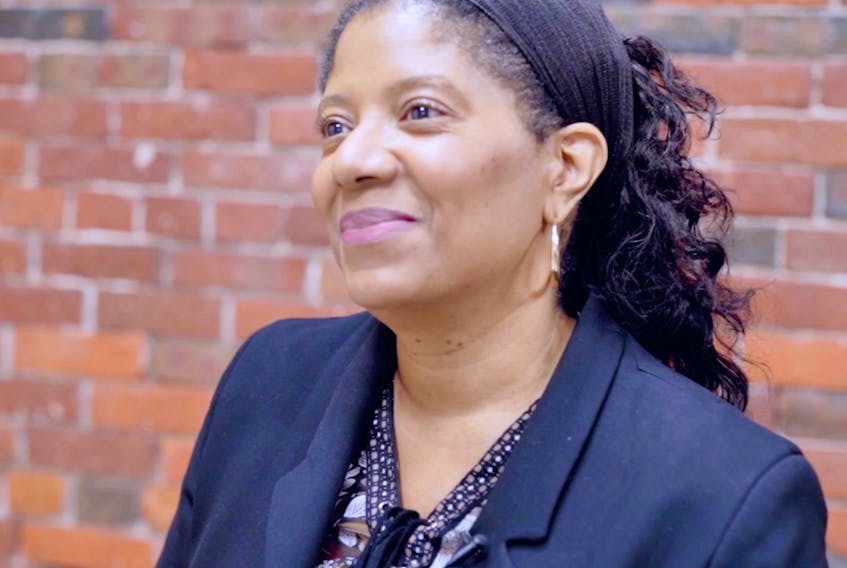As an enthusiastic student, I became involved in the school council’s Women’s Issues Network, working with amazing young women who were collectively advocating for women’s issues on and off campus in energetic campaigns that helped raise awareness about critical equity issues. Our initiatives were well received and we had a great time learning and sharing those lessons.
However, when I first started work in journalism, life wasn’t as wonderful and peers weren’t as receptive to sharing the page space with a female competitor. I was surprised to find that I was one of only a few women in any given room, and rarely did they occupy the c-suite. I did my best to push forward and to take advantage of the wisdom of my mentors, male and female, to work my way up the editorial ladder. Of course, the progress I’ve been able to enjoy is thanks in part to the hard work of those who came before me.
In the early 1900s, inequity and industrialization ruled the day and polluted the potential for fairness. It was against a backdrop of dreadful working conditions, belching smokestacks, and widespread exploitation that women took to the streets to protest for more equitable working conditions, compensation and voting rights.
Thanks to consistent efforts by trailblazers, extensive initiatives and ongoing efforts, we are better off now – the world now knows that women’s rights are human rights – and we’re leading countries, running corporations, and confidently communicating our opinions on the environment. But we all know we’re not entirely there yet.
As we approach International Women’s Day (March 8th), Environment Journal is shining a light on female leaders who have made their mark and have positively impacted the environment industry in Canada. Let’s continue to support each other, call out bad behaviour, dream in green, and salute these amazing women.
Maude Barlow
“It is not just climate change. It is our arrogant abuse of the planet’s finite water sources. We are in deep trouble everywhere.”

(Image Credit: The Council of Canadians)
Maude Barlow is a renowned environmentalist and water rights activist. As the honorary chairperson of the Council of Canadians a non-profit, non-partisan public interest organization supported by 100,000 members, and co-founder of the Blue Planet Project, Barlow has dedicated her career to advocating for water conservation, protection of water resources, and the human right to water. Her influential work has significantly shaped Canada’s environmental policies, particularly in the realm of water management. She has authored and co-authored 20 books, including Whose Water is it Anyway? Taking water protection into public hands and Still Hopeful, Lessons From a Lifetime of Activism.
Catherine McKenna
 “To avert a climate catastrophe, we need bold pledges but matched by concrete, measurable action.”
“To avert a climate catastrophe, we need bold pledges but matched by concrete, measurable action.”
(Image Credit: UNEP)
Catherine McKenna, Canada’s former Minister of Environment and Climate Change as well as Minister of Infrastructure, has been a driving force in Canada’s environmental policies, at home and abroad. McKenna’s leadership has focused on climate action, sustainable development, and international collaboration to address environmental challenges. Her efforts in advancing the Paris Agreement and advocating for a cleaner, more resilient environment have left a lasting impact on Canada’s environmental agenda. She chaired the UN Secretary General’s new High-Level Expert Group on Net-Zero Commitments, setting out criteria for net-zero commitments for private and public sectors. She is the CEO of Climate and Nature Solutions and founder of Women Leading on Climate, as well as an adjunct senior research scholar at the Columbia Climate School.
Annamie Paul

“We have the chance of a lifetime to simultaneously tackle the climate crisis while simultaneously building a prosperous and sustainable economy for Canada.”
(Image Credit: Green Party of Canada)
Annamie Paul is a Canadian lawyer and climate policy advocate. She was leader of the Green Party of Canada from 2020 to 2021 — the first Black Canadian to be elected as leader of a major federal party in Canada. Paul has worked as an advisor at the International Criminal Court in The Hague and with various international organizations devoted to preserving human rights and fighting climate change. She is also the founder of the Canadian Centre for Political Leadership (and executive director from 2001 to 2005). The CCPL was an organization focused on helping women, Indigenous persons, and people of colour to pursue public offices. Other endeavors include the Climate Infrastructure Project and legal efforts for the European Union.
Dianne Saxe
 “When it comes to climate change, no one can do everything, but everyone can do something.”
“When it comes to climate change, no one can do everything, but everyone can do something.”
(Image Credit: DianneSaxe.com)
Dianne Saxe, a prominent environmental lawyer, has played a crucial role in Canada’s environmental advocacy. Formerly the Environmental Commissioner of Ontario (the last person to hold this position), Saxe has been a strong voice for sustainable resource management, climate action, and biodiversity conservation. Her expertise in environmental law has been instrumental in shaping policies for a greener and more sustainable future. She was deputy leader of the Green Party of Ontario from 2020 to 2022. She was elected to represent Ward 11 University-Rosedale on Toronto City Council following the 2022 municipal election and continues to advocate for climate action.
Ingrid Waldron

“The Indigenous and Black communities I have worked with have experienced high rates of cancer, reproductive illness, and respiratory illness that they believe are connected to toxic burdens in their communities.”
(Image Credit: Dalhousie University.)
Ingrid Waldron is a highly influential figure in Canada’s environmental sector. As a sociologist and the founder of the ENRICH (Environmental Noxiousness, Racial Inequities & Community Health) Project, she has dedicated her career to researching and addressing environmental racism and injustices in marginalized communities. Waldron’s work has significantly contributed to shaping public awareness and policy discussions surrounding environmental equity. Waldron’s 2018 book There’s Something In The Water explored environmental racism in indigenous and black communities. Waldron is chair of the Dalhousie University Black Faculty and Staff Caucus.
For further information on International Women’s Day, visit:
https://iwda.org.au/take-action/international-womens-day/

Connie Vitello is editor of Environment Journal.
Join the conversation. To recommend more female leaders impacting the environment industry, please email connie@actualmedia.ca.
Featured image credit: Getty Images









